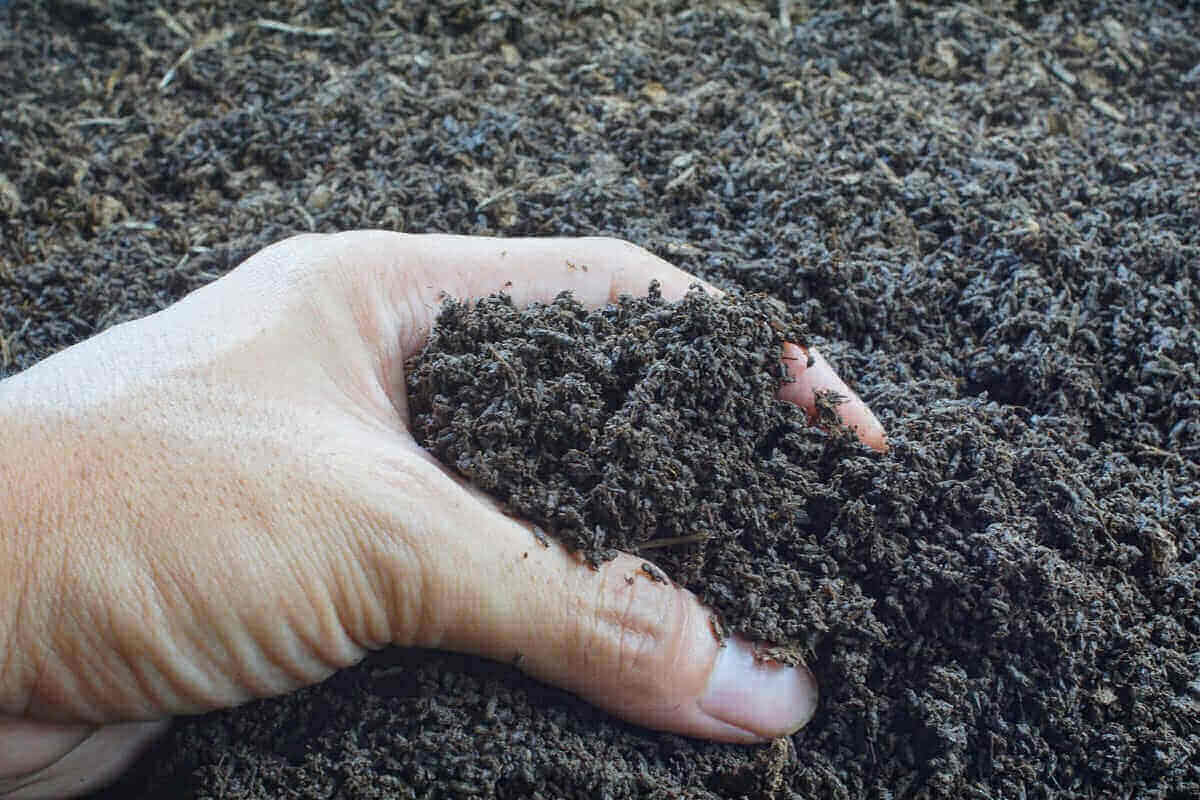Manure created by earthworms is perhaps the biggest and best secret of gardeners when it comes to creating the perfect soil conditioner for amazingly healthy plants. Worm castings, also known as earthworm castings, are an all-natural potent fertilizer that provides several health benefits to your crops. In this article, we try to understand more about this organic material that every new gardener should know about and how they should be used.
What are Earthworm Castings?
It is common knowledge that earthworms help gardens by their activity in the soil. As the worms tunnel in soil, they perform cultivation functions that are important to improved soil construction. Worms in the garden encourage better drainage, more stable soil porosity, and increased nutrient absorption. They also introduce an uncountable number of microbes that are vital to any healthy soil. Recent studies have shown that these earthworms even can remove heavy metals and toxins from the soil.
Another benefit we get from these beneficial residents of the soil is their castings or the end-products of their digestion or simply worm poo. These castings are full of microorganisms that are very helpful to the soil. They can be used almost everywhere, from flowerbeds to crop gardens, and on any type of plant, from herbs to trees. They also contain several essential plant nutrients, including concentrated nitrates, magnesium, phosphorus, potassium, calcium, zinc, manganese, and iron, among many others. Unlike other chemical fertilizers, worm castings can be applied on top of the soil or worked into the soil or can even be used directly on the plants without burning them. According to a study conducted by the Ohio State University (Soil Ecology Laboratory), earthworm castings not only enhance soil health and flowers and fruits production, but they also protect plants from certain pests, such as mites and mealybugs, and diseases, including root rot.
How are Earthworm Castings Used?
As mentioned, earthworm castings can be used as an ingredient in soils used for inside and outside plants. They can also be used as a mulching material and planting additive for vegetables, shrubs, flower gardens, and trees. Despite how much of it is placed on plants, these all-natural fertilizers will never burn the plants.
Seedlings. Many gardeners use worm castings in as early as their seed-starting mix. By doing so, they have found that not only do the castings able to provide the needed nutrients but they also help prevent damping off, a common soil-borne disease in young seedlings caused by several different pathogens. To use earthworm castings on seedlings, make sure to mix them with your potting soil at a rate of one cup castings to every one cup of starting soil. Place them in a pot and plant your seedlings.
Vegetable Garden. Adding worm castings to any vegetable garden will guarantee boosted yields. Several published studies have shown that crops raised with these organic castings grow larger, produce more fruits, have stronger root networks, and are much more resistant to pests and horticulture diseases. When transplanting your vegetable plants into the soil, apply worm castings of about a quarter cup around the stems then cover these with a layer of compost. Add more castings throughout the year for continued protection from insects and diseases as well as for vigorous crop growth. This method will work even in dusty soils where moisture usually never makes it to the roots. When combined with minimal tillage and mulch, worm castings will improve any type of soil.
Alternatively, you can make your liquid compost tea and apply ¼ gallon to every plant base. While many other crops and gardens can also benefit from this solution, vegetables respond the most highly to the liquid tea. A research conducted by the US Department of Agriculture showed that gardeners who apply the tea to vegetables are most likely to enjoy up to 50 percent increase in yields as compared to growers who do not. To create casting tea, add ¾ cups of castings to gallons of water, allow the mixture to soak for at least 24 hours, and then stir well before using the solution to fertilize your vegetables.
Flower beds. Sprinkle your flower beds with castings to enjoy beautiful, healthy flowers. You can simply add earthworm poo of about a quarter cup to every 100 square feet of your flower bed. Mix them into the top few inches of your soil and apply additional castings around the bases of your plants. If you have roses, you can mix your soil with at least three to four cups of earthworm castings and apply the mixture at the base of each rose bush. Perennials, on the other hand, only need as little as a quarter cup or one cup of castings and soil just right above the roots to do the trick. Make sure to spread the fertilizers around in the spring and summer seasons.
Indoor and container plants. For established household and potted plants, sprinkle at least one to two inches of castings on top of the soil and mix carefully without damaging any shallow root systems. As you water the soil or as it rains, the worm castings will gradually seep down further into the soil. Make sure to replenish your castings every other month by sprinkling a tablespoon or two to reload nutrients and stimulate beneficial soil activity. If your houseplants are in decline, boost them up by repotting them in a container with a 50:50 mixture of earthworm castings and potting soil.
Hanging baskets. Much like household potted plants, mix at least ¼ or ½ of earthworm castings into the soil of your hanging baskets. As you water, the needed nutrients will leach down into the root system, acting as a slow fertilizer. Simply reapply a few tablespoons of earthworm castings every month to keep your hanging baskets looking healthy and beautiful throughout the seasons.
New lawns and turfs. To add castings to a new lawn, simply apply at least ten pounds of the organic matter for every 100 square feet of land. You do not even have to dig and mix them into the soil because water will help the nutrients seep slowly underground. While earthworms and their castings do affect the aesthetics of a lawn and can easily become an inconvenience, they are very valuable to both soil and turf. For any new lawns, earthworms, their activities, and by-products condition the soil and pack them up full with nutrient excitement. To deal with an overflow of castings, however, simply allow the castings to dry and rake or brush them back into the turf. This has the effect of spreading the natural fertilizer over the turf and at the same time breaking apart any unattractive garden lumps and preventing bumpy turfs.
On almost every level, earthworm castings are very beneficial to the soil and the plants. They stimulate plant growth, extract toxins and harmful chemicals from the soil, and prevent extreme soil pH levels, among many others. They can be worked into the soil or applied as a top and side dressing without burning the plants. Any seasoned gardener will vouch for the definite benefits, including yield, health, and plant sizes when choosing these natural fertilizers over synthetic ones.


















